On June 19, the National Electronic Authentication Center (NEAC), Ministry of Science and Technology (MOST) organized the International Workshop "Trusted Services: Opportunities and Challenges in the Quantum Era".
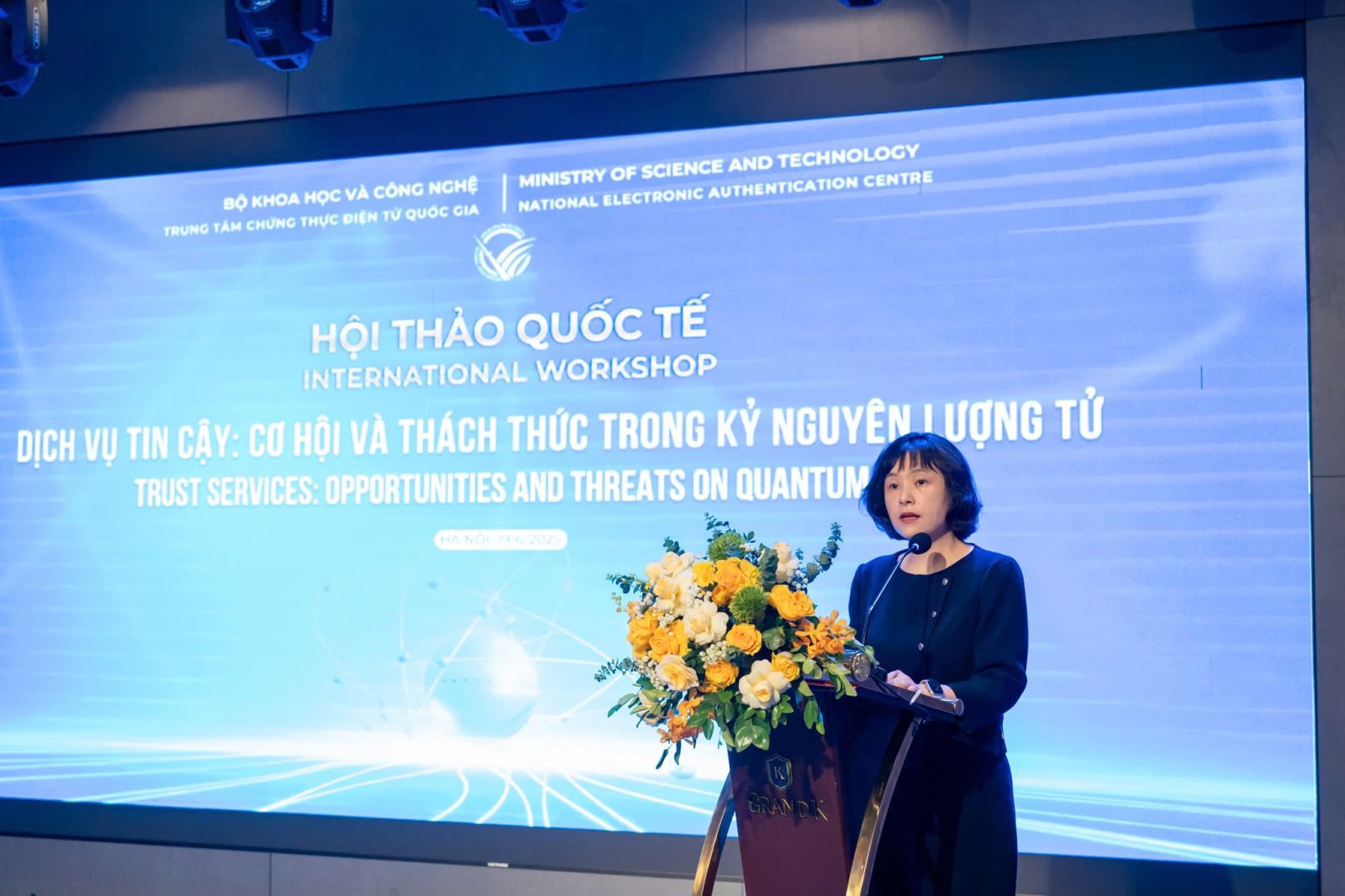
Speaking at the opening of the workshop, Ms. To Thi Thu Huong, Director of NEAC, emphasized: On the journey of the whole country transforming with the spirit of "breakthrough - innovation - integration", taking science and technology, digital transformation and innovation as the main driving force for sustainable development, reliable services, especially digital signatures, are an important and core link to build digital trust, ensuring that all transactions in cyberspace are safe, have legal basis and are trustworthy.
However, in the quantum era, where advances in quantum computing pose structural challenges to traditional security models, what is “trusted” today may not be secure tomorrow if action is not taken soon.
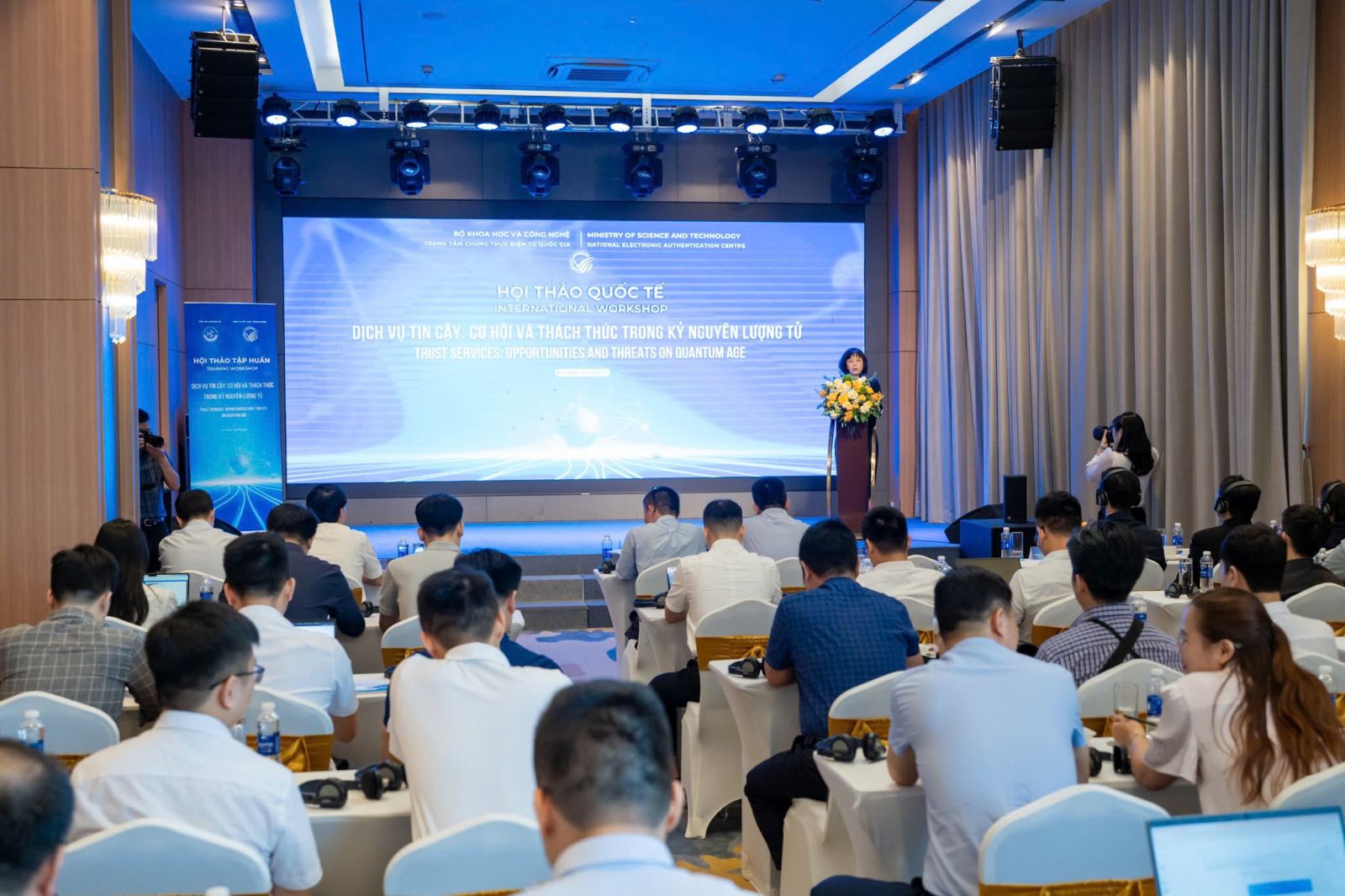
As the national Root CA, NEAC is actively coordinating with ministries, sectors, businesses and international partners to promote the development and upgrading of technical standards framework for post-quantum algorithms, connecting with international roadmaps and recommendations from organizations such as NIST, ETSI, eIDAS 2.0.
At the same time, the Center also encourages the application of blockchain technology in trusted services, especially decentralized signature models, immutable storage and multi-dimensional authentication mechanisms, on the principle of legal compliance and compatibility with the current PKI infrastructure.
In Vietnam, NEAC clearly identifies that digital signatures and trusted services are not only technical tools, but also the foundation to ensure trust in electronic transactions, shaping the digital economy , digital government and digital society.
According to Ms. Huong, in the coming time, NEAC will focus on a number of major orientations. Specifically, developing a national trust infrastructure, including a remote digital signature system integrating digital identification, standardizing algorithms and promoting mutual recognition; expanding the trusted service ecosystem, in which, special attention is paid to deploying two new services according to the provisions of the Law on Electronic Transactions 2023, which are the data message authentication service to ensure the integrity and irrefutability of electronic data and the timestamp service to verify the time of electronic transactions accurately and with legal value; promoting the popularization of personal digital signatures to each citizen, each smart device and each digital service application.
To ensure digital trust in the future, Ms. Huong believes that Vietnam also needs to join the international community to share standards, build policies, and jointly test post-quantum solutions in practice. “We cannot delay change, we need to proactively shape change with knowledge, cooperation and trust,” Ms. Huong affirmed.
The Center recommends that businesses and organizations quickly and proactively upgrade their technical infrastructure, prepare for the transition to post-quantum algorithms; increase service transparency, publish policies on secret key protection, technical audits, and performance reporting because trust begins with clarity and transparency.
At the same time, experiment with new digital signature models, such as blockchain, identity-linked signatures, or policy-based signatures to prepare for an open, multi-dimensional, and cross-border digital signature market, as well as cooperate and learn from each other, and participate in regional forums such as APKIC to enhance capacity and integrate global standards.
One of the highlights of the workshop was identifying information security threats in the context of increasingly realistic quantum computing. Mr. Lai Seow Yong, Technical Director of Asia - Pacific region of Utimaco (Germany) shared about the risks of breaking current encryption systems by quantum computers, and emphasized the urgency of researching, preparing and switching to post-quantum cryptography algorithms (PQC).
Mr. Fabio Rego, representative of Ascertia Company (UK) presented about eIDAS 2.0, the legal framework for electronic identification of the European Union, along with the vision of developing reliable services in a cross-border, transparent and secure direction. This is considered an important reference direction for Vietnam in upgrading the legal corridor and deploying remote digital signature services integrated with the national electronic identification platform such as VNeID.
The workshop also discussed the application of blockchain technology to trusted services. Chairman of the Fintech and Web3 Committee of the Vietnam Blockchain Association Tran Dinh introduced a model of digital signature deployment on the blockchain platform, opening up a potential direction for decentralized digital signature services, with high scalability and ensuring data immutability.
The workshop is a concrete step in the roadmap to improve management capacity, apply advanced authentication technology and build a modern, transparent and reliable service infrastructure in line with global standards.
Source: https://doanhnghiepvn.vn/cong-nghe/mo-rong-khong-gian-so-an-toan-bang-chu-ky-so-the-he-moi/20250620080429752








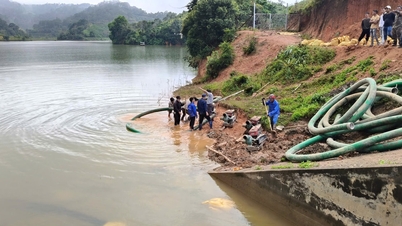



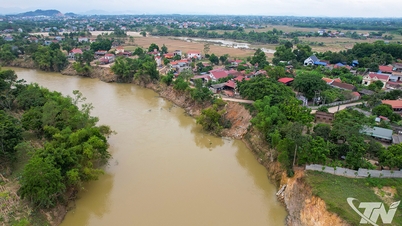

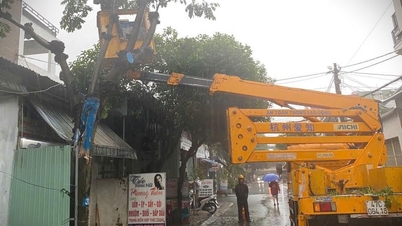



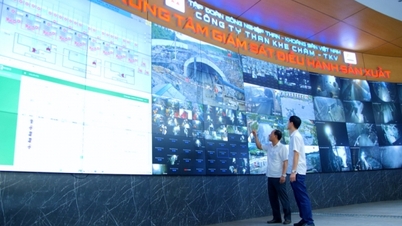





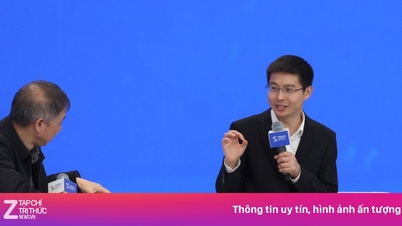




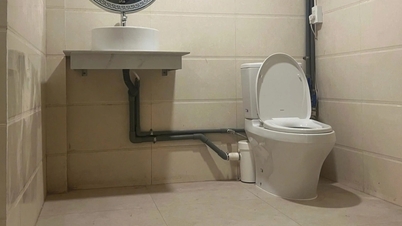






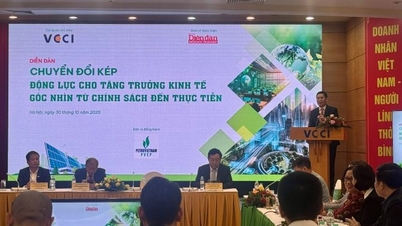


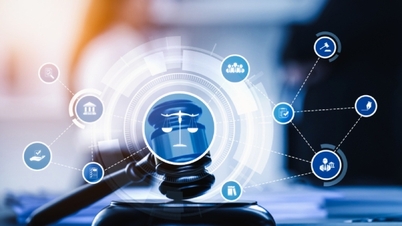






































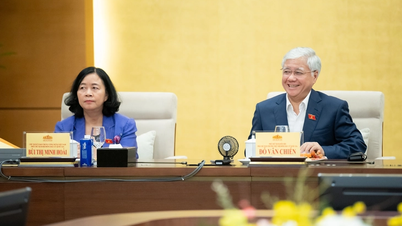







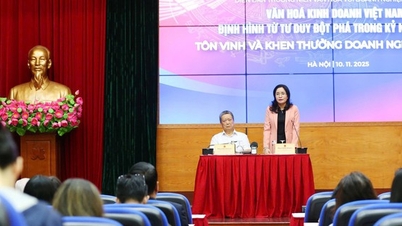




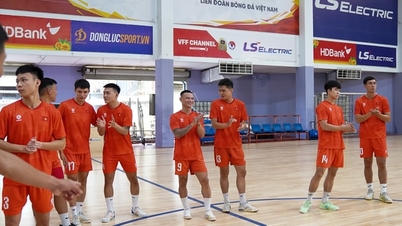

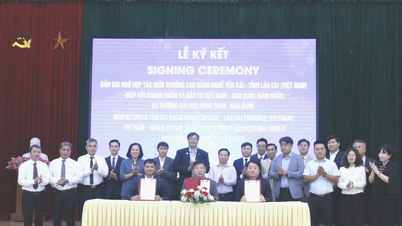







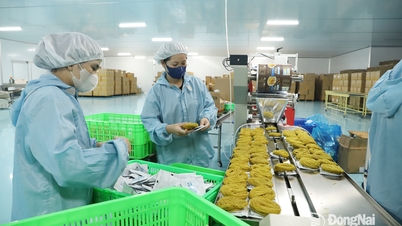


![Dong Nai OCOP transition: [Article 3] Linking tourism with OCOP product consumption](https://vphoto.vietnam.vn/thumb/402x226/vietnam/resource/IMAGE/2025/11/10/1762739199309_1324-2740-7_n-162543_981.jpeg)











Comment (0)